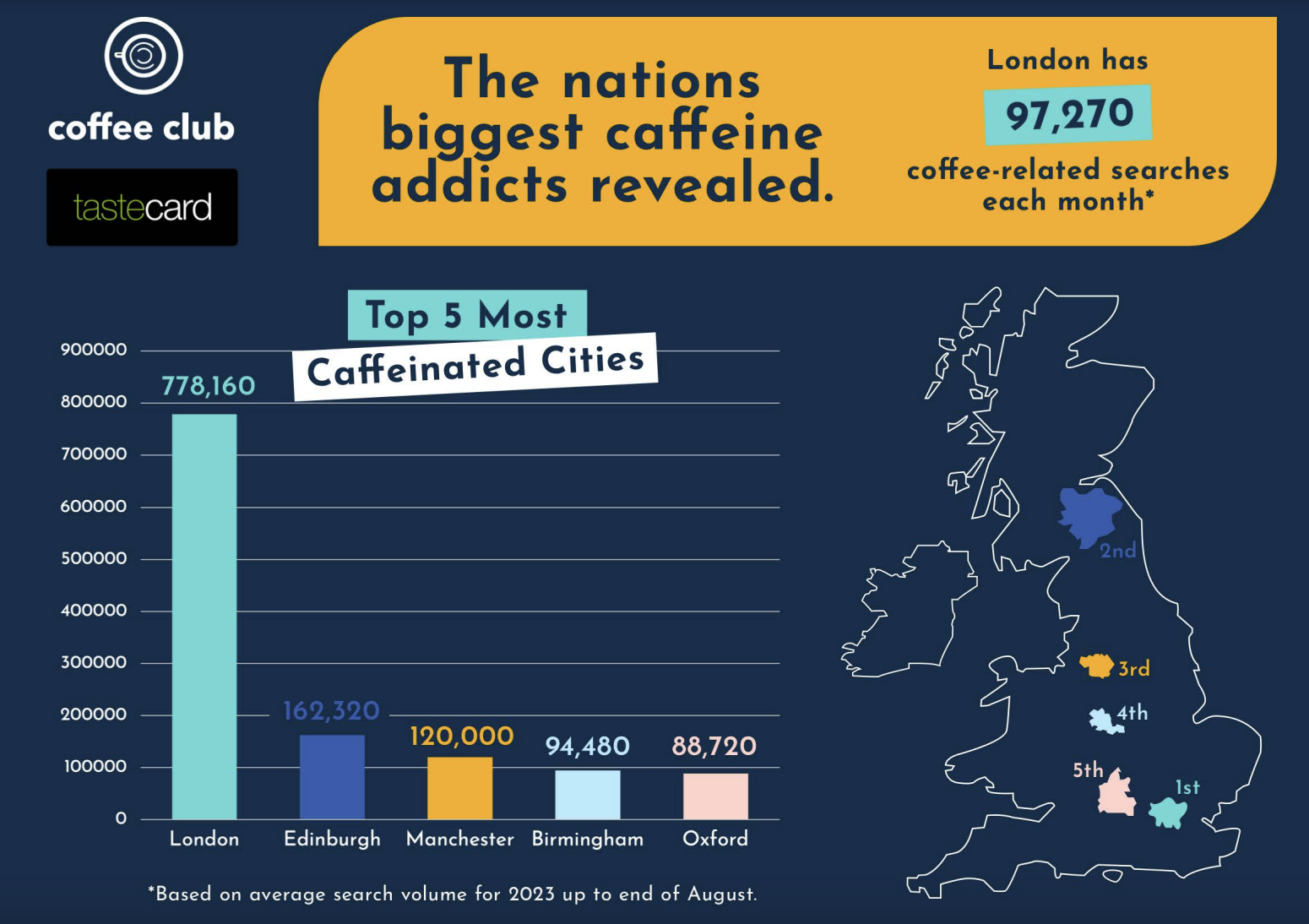Last Updated on: 7th May 2025, 03:12 pm
A silent crisis is gripping Britain’s older population—malnutrition. With over 3.3 million over-65s living alone, the problem is escalating in private homes, often going unnoticed by families who assume their loved ones are coping.
Typically linked to care facilities or hospital settings, malnutrition is increasingly affecting independent older adults across the country. New research from the Office for National Statistics and related studies highlights that more than 10% of elderly people in England and Wales are unpaid carers, with many providing over 50 hours of care each week. When loneliness, decreased mobility, and diminished appetite are added to the mix, the threat of long-term undernourishment becomes dangerously real—resulting in frailty, cognitive issues, increased hospital visits, and even death.
“It’s heartbreaking,” says Mary Merheim, founder of Mary Merheim Ltd, a consultancy tackling malnutrition in the elderly. “Most families genuinely care about their aging parents and grandparents. But they simply don’t see the slow decline or don’t know what to do.”
Yet the issue remains largely overlooked.
According to Age UK, more than two million individuals over the age of 75 live alone, and over one million do not speak to anyone—a neighbour, friend, or relative—for more than a month.
Determined to raise awareness and prompt change, Mary Merheim is spearheading a new initiative. At the centre is her free online masterclass, aimed at educating families on how to recognise early symptoms of malnutrition and take steps to address it.
“We’re not here to shame people,” Merheim says. “We’re here to empower them. Because once you understand how malnutrition develops you’ll never look at a half-eaten plate the same way again.”
The free masterclass is now available at www.marymerheim.co.uk, encouraging families to learn, act, and help stop elderly malnutrition—one plate at a time.






